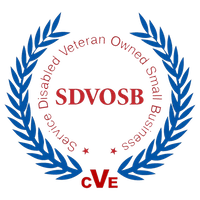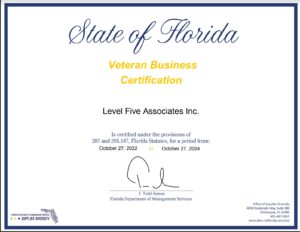“Yes! Fourth star. Back to back. Congrats to the record breakers on the U.S. Women’s National Team (USWNT), an incredible team that’s always pushing themselves—and the rest of us—to be even better.”
— President Barack Obama Tweet, July 7, 2019
If you wanted to see what world-class soccer looks like, the U.S. Women’s Team showed us all who were privileged to watch them this past summer. Their teamwork was simply extraordinary…..
Since most of us are not participating in sports at that level, it would be relatively easy to dismiss those achievements as “only what professionals can do.” However, I think we’d be missing an opportunity if we did that. Instead, let’s look at what we can learn from this great team.
First, they performed in unison. Everyone had a role to play, but just like an orchestra performing in a symphony, each person knew that her individual contribution would lead to a greater good — a victory for the soccer team, or a majestic performance of music by the orchestra. 
Second, they trusted each other. Harvard Professor Amy Edmonson calls this environment of mutual trust the climate of “psychological safety.”
When Google conducted an extensive study to determine how to build the perfect team in 2014-2015, called Project Aristotle, they learned that “psychological safety” was the most vital aspect of team excellence. We saw clear evidence of that sense of safety on the soccer field in France this summer. The players trusted each other, sacrificed for each other, celebrated together.
Where are Your Great Teams?
They are probably right down the hall, already on your roster. It’s up to you to build them, lead them, and empower them to be successful.
My favorite tools for your “team leadership toolbox” are as follows:
- Select the Team Leader Carefully. Look for someone who’s going to generate respect, not just try to be friends with everyone on the team. High potentials will lead the team and not merely seek to manage it.
- Encourage the Creation of a Team Covenant. Great teams make commitments to each other and the team objectives. Codify that commitment in a covenant that every team member signs.
- Train the Team on Critical Thinking. Matt Plummer has written an excellent piece on developing concepts like execute, synthesize, recommend and generate, and how those can build a better team.
(And of course, contact us here at Level Five if you’d like to learn how to incorporate these skills into your day-to-day operations.) - Celebrate Success and Learn from Mistakes. The best teams learn. They conduct After-Action Reviews (AARs), following each phase of their work, or critical event. They enjoy the quick wins but then get right back to business. They live in a world of outcomes, of getting things done.
Your great team is out there – get them going, and enjoy the journey!
Did you find this blog post beneficial? If so, please share it with your audience using one of the choices below. It’ll just take a second but could improve someone’s work habits for a long time to come.





